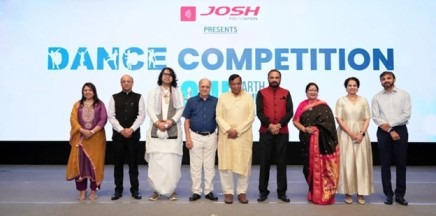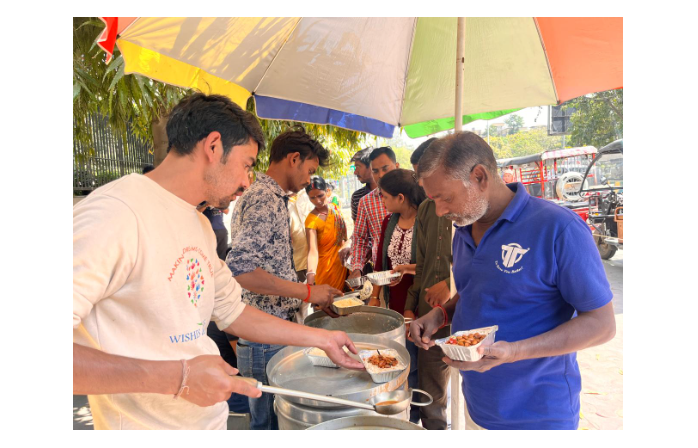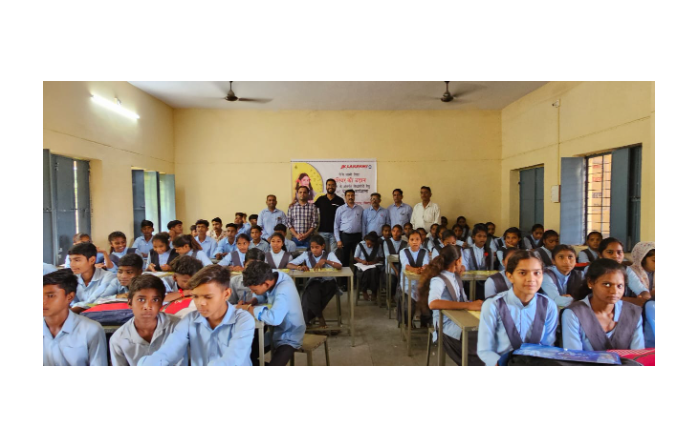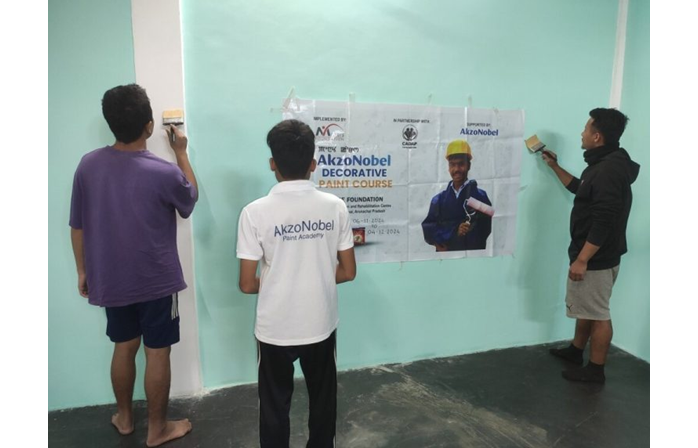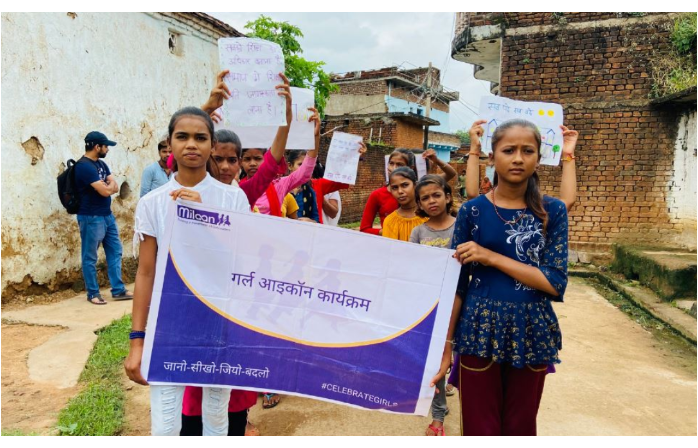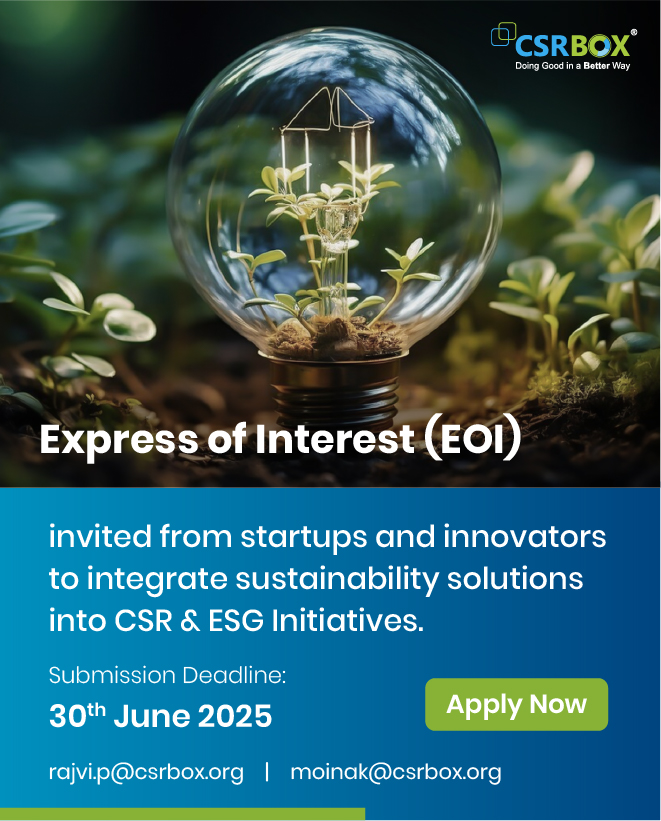Northeast in the frame
By- NGOBOX
March 15, 2019
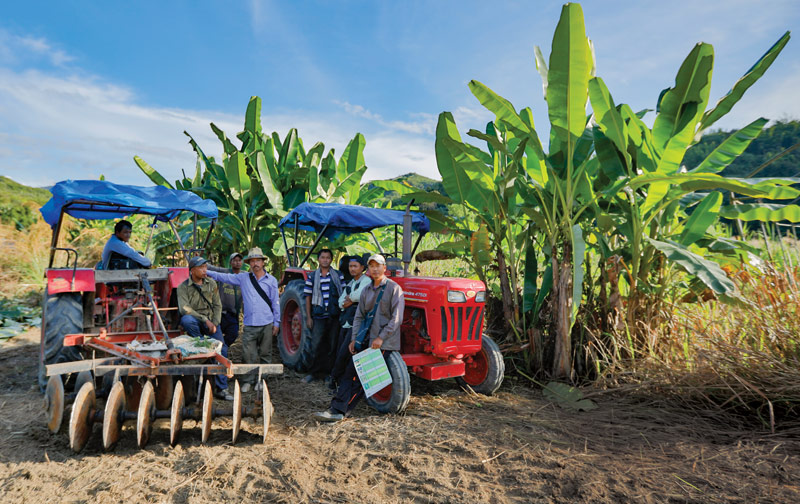
Tata Trust Horizon
Time was when denizens of India’s Northeast travelling to other parts of the country would feel like strangers in a strange land — and were sometimes made to feel so. That prickly period has passed as the people of the region identify ever more with the national ethos and get woven to an ever greater extent into the fabric of India.
Differences remain and so does the distinctiveness but the link with the mainland has gained in strength. It is the similar and the shared that tend to get highlighted these days and one sphere where the parallels are impossible to ignore is the challenge of social development. Helping address this challenge is the purpose behind the multihued programmes of the Tata Trusts in what is a unique geography.
The interventions of the Trusts in the Northeast commenced about 12 years back. The effort was tentative in the initial days before it started gathering momentum. By 2007, with a better understanding of the region’s requirements and realities on the ground, the basic foundation to create a meaningful impact was in place.
The rural populace, especially the most marginalised and backward, were the focus of the Trusts’ programmes from the first and that continues to be. Strategy and the manner of execution have changed, most noticeably since the Trusts got into transformation mode in 2014, and the road less travelled has shown the way forward.
Need-based solutions
The journey in the years after has carried the Trusts into new areas of social uplift and, through the direct implementation of projects, deepened their connect with the community. In livelihoods, animal husbandry, education, water and sanitation, skilling and, not least, sports, the Trusts have spread their wings to reach those who most need a hand. And they have made a difference where it matters most — in the lives of folks burdened by poverty and the lack of opportunities.
The setting up, in 2008, of two associate organisations signalled a shift in thinking at the Trusts. The Northeast Initiative Development Agency (NEIDA) was established to look after projects in Mizoram, Nagaland and Arunachal Pradesh and the Centre for Microfinance & Livelihoods (CML) in Assam, Manipur, Tripura and Meghalaya. That was only a start, though, and it would be a while before NEIDA and CML found traction.
This was a phase where the Trusts gave grants and depended on NGOs to execute ideas. There were benefits in the approach but working at a safe remove is rarely the optimal way to ensure maximum output in social development. Methods and attitudes needed a revision and, by 2014, the Trusts were up to making the necessary alterations.
“We realised that relying on NGO partners was not going to take us far; this was an essential learning,” says Arun Pandhi, director, programme implementation, at the Trusts. “There were issues with capacity, financial management and the region’s geographical isolation.” The positive was the understanding gained through association. “We had laid the foundation and our engagements with the NGOs taught us a lot.”
That direct connection
There has been the inevitable heartburn. “It’s an evolutionary process, and not one without pain,” adds Mr Pandhi. “There were teething troubles because we were reorienting our teams. But I can say with confidence that today they are brimming with the belief that comes from interacting directly with communities.”
That was a challenge overcome and then there are those that keep cropping up: finding the right people and retaining them, the difficulty of generating resources from financially-strapped state economies, governance deficits, transportation and more. Navigating these can be deflating, but that has not stymied the Trusts.
Transportation is among the worst of the lot and zonal manager Biswanath Sinha has an anecdote that explains why: “We have a livelihoods project in Pungro in the Kiphire district of Nagaland. For our team, which is based in Kohima, the state capital, getting to the site is a 13-hour road trip. And there is only one road; if it stops functioning due to a landslide or a disturbance of any kind, the place gets cut off from the world.”
What we are doing is not stereotypical... [The Northeast] is not a place where anybody — be it a philanthropic entity or an NGO — can go and change things.”— Arun Pandhi, director, programme implementation
Though not a problem in the conventional sense, the diversity of the Northeast is a factor that has to be borne in mind. “We have to work keeping this in view,” says Mr Sinha. “The rest of India is inclined to think the entire region is one continuous block. They are wrong. There are, for example, 29 scheduled tribes in Manipur and I’m not counting the sub-tribes.
“In Nagaland there are major tribes and minor tribes and sub-tribes. The state is a collection of villages and, typically, one village will have only one tribe. If you belong to a different tribe or you are an outsider, you have to take permission from the village head to enter the village. We have to deal with such situations in the course of our work.”
The Northeast cannot be compared with any other part of India on the social development scale, adds Mr Sinha. “There is no set formula here for philanthropic organisations like the Trusts. If we invest 1 billion in, say, Punjab, we could expect to reach 3 million people. We wouldn’t be able to do that in the Northeast. You have to be realistic.”
Piggeries and fisheries, water and sanitation, horticulture, craft and sports, conserving community forests — the priorities with target communities have defined and determined the how and the why of the Trusts’ programmes in Northeast India.
Grassroots approach
We have to work keeping [the Northeast’s diversity] in view. The rest of India is inclined to think the entire region is one continuous block. They are wrong.” — Biswanath Sinha, zonal manager
Going to the grassroots has been an important facet of the work the Trusts are involved with, the best example being in sports, particularly football. “Our grassroots football initiative is the biggest we have [in the sports portfolio],” says Mr Sinha. The reason is simple: the Northeast is a nursery for the game in India.
The Tata Trusts have overachieved with many of their programmes, wrested what was expected with others and underperformed with some. But be it in the plains of Assam or the hills of Mizoram, the knowledge the Trusts have gleaned from each of their initiatives has been invaluable.
“What we are doing in the Northeast is not stereotypical,” says Mr Pandhi. “The fundamental point is the pioneering role we are playing out there. It is not a place where anybody — be it a philanthropic entity or an NGO — can go and change things.
“The people of this region have missed out on decades of development and they have been forced to live through long spells of strife. There is a huge desire for development and the Tata Trusts are playing their part. I truly believe this is in the national interest. We have gained the credibility and created the space to make a crucial difference.”
The Trusts have some 400 professionals working in their programmes in the Northeast and they hope to touch the lives of at least 1 million people by 2022. That means further expansion and the incorporation of, for instance, social enterprises that can push towards eco-tourism and other promising avenues. As the stories that follow reveal, the capability to pull it off is certainly there.
Source

Tata Trusts are amongst India's oldest, non-sectarian philanthropic organisations. The Trusts own two-third of the stock holding of Tata Sons, the apex company of the Tata group of companies.
© Renalysis Consultants Pvt Ltd



